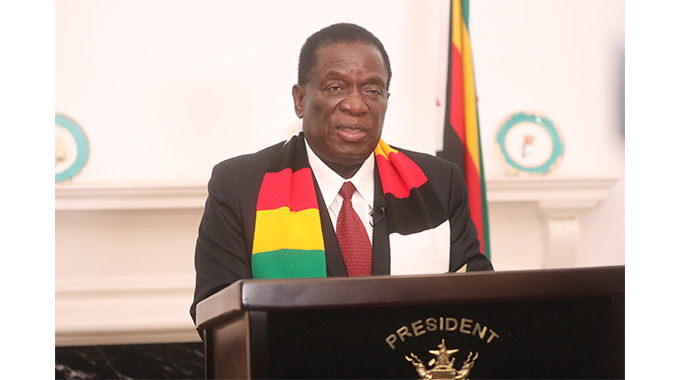Is Crypto Trading in South Africa Different?

Did you know that some state laws can influence how you trade crypto?
Some nations have stringent laws on how traders and brokers can practice trading in that country, and you have to be aware so that you do not find yourself being prosecuted for a mistake you could easily avoid.
This piece covers how to trade in South Africa.
How To Trade in South Africa
Trading bitcoin and other cryptocurrencies in South Africa may be similar to trading in other countries, but there may be some differences.
Learn about the regulatory body
One key difference is the regulatory environment. The Financial Sector Conduct Authority (FSCA) regulates the cryptocurrency industry in South Africa. It is essential to ensure that any platform you use to trade bitcoin is licensed and regulated by the FSCA.
Learn about liquidity
Another factor to consider is the level of liquidity in the South African bitcoin market. This refers to the ease with which you can buy or sell bitcoin without significantly affecting the price. A market with high liquidity is generally more efficient and allows for faster, more straightforward trades. However, the liquidity of the South African bitcoin market may be lower compared to other countries, which could affect the ease of trading.
Understand the tax laws
Awareness of the local tax implications of trading bitcoin in South Africa is also essential. The South African Revenue Service (SARS) considers bitcoin to be an intangible asset, and as such, it is subject to capital gains tax when it is sold or disposed of. It is essential to consult with a tax professional to understand your tax obligations when trading bitcoin in South Africa.
Don’ts to Trading in South Africa
It is also wise to understand the dos and don’ts of trading in a particular region, and below are some of the things you should never do in South Africa as a trader.
- Engaging in illegal activities: Using bitcoin or any other cryptocurrency is unlawful to engage in illicit activities, such as money laundering or financing terrorism.
- Operating an unlicensed exchange: In South Africa, using a cryptocurrency exchange without a license from the Financial Sector Conduct Authority (FSCA) is illegal.
- Trading with unregistered brokers: It is illegal to deal with an unregistered broker in South Africa. It is essential to ensure that any broker you use is registered with the FSCA and complies with relevant regulations.
- Misleading or fraudulent practices: It is prohibited to engage in deceptive or fraudulent practices when trading bitcoin or any other asset. This includes making false or misleading statements, manipulating prices, or engaging in insider trading.
It is important to note that these are just a few examples, and additional restrictions or requirements may apply to trading bitcoin or other cryptocurrencies in South Africa. It is always a good idea to familiarize yourself with the relevant laws and regulations before starting to trade.
Trading in South Africa: Lucrative or a Loss?
Trading anywhere, even in South Africa, is as lucrative as worldwide. But overall, it is essential to do your research and consider any local differences when trading bitcoin or any other asset in South Africa.









Comments